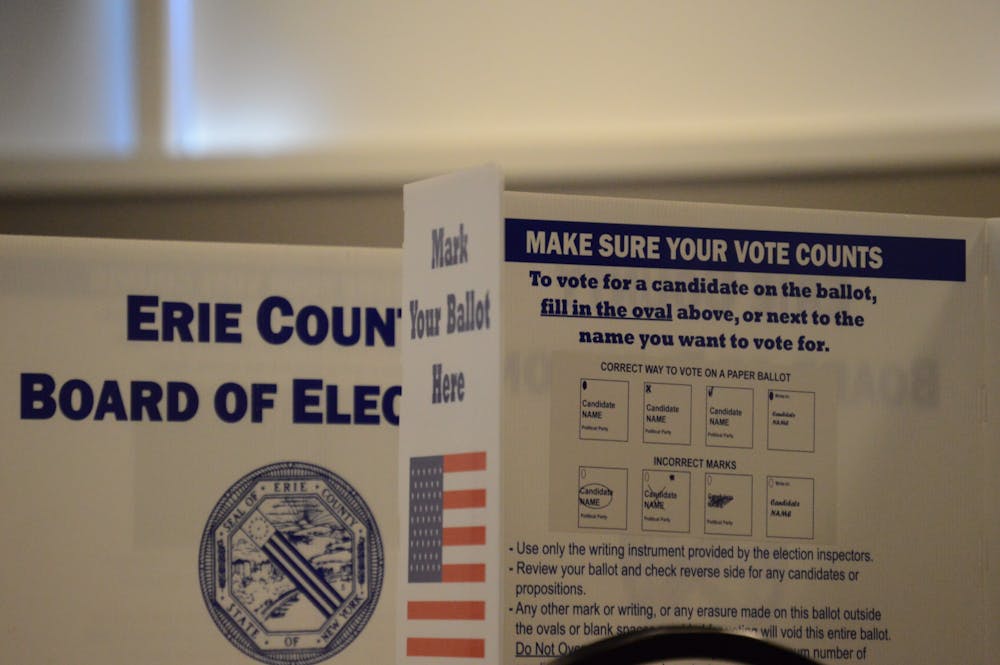Americans took to the polls this Tuesday after Vice President Kamala Harris and former President Donald Trump competed along the fierce campaign trail. Both candidates fought for the people's vote while bashing one another and even occasionally voters — some of that rhetoric includes Trump’s anti-immigration rhetoric and calls for military action for those who oppose him.
On the other hand, Harris distanced herself from President Joe Biden's comments on Trump supporters being ‘garbage’. Democrats and Republicans are more polarized politically than they have ever been in the past 50 years, so how does one handle election stress?
Election anxiety is real and is felt by individuals on both sides of the aisle. 77% of adults said that the future of the nation is a significant source of stress in their lives, according to an American Psychological Association survey.
Remember, it’s understandable to be upset. All emotions are valid, but not all actions are acceptable – which includes actions that cause harm to others. Many of us are watching our identities get insulted or someone we love’s identity get insulted. During this time, it's important to take breaks to focus on things that aren’t political. This could include: taking a walk, talking to a friend, watching a movie, or even doing some yoga.
A statement from UB states that the university is “committed to ensuring that every member of our community feels supported” and that there are several resources available to students in need of assistance like Counseling Services, the Intercultural and Diversity Center and the Office of the Dean of Students.
If you encounter political content that causes you to feel a sense of stress remember to check it for misinformation. During this time, political conversations swirl around the internet and some people rush to judgment.
When encountering buzz worthy headlines check the source. Is the information coming from George's blog with four followers or a reliable source? Open up an internet browser for some lateral reading and check to see if other sources are saying the same thing. Don’t rush to repost or retweet information just because it made you feel a certain way.
Remember that the last polls won’t close until 1 a.m. EST on Nov. 6. This year is a tight race, and with the possibility of legal challenges, we most likely won't know the results on election night.
Lastly, if you’re faced with heated discussions at work, in class, or just in public and you choose to engage in discussion, try listening and acknowledging the other person's talking points, and then offer your own. But also remember that you don’t need to engage in conversation if you don't want to.
You can walk away from the situation if you feel unsafe or don’t have the emotional battery to handle that conversation.
Sarah Owusu is the senior features editor and can be reached at sarah.owusu@ubspectrum.com

Sarah Owusu is an assistant news editor at The Spectrum. In her free time she enjoys reading, baking, music and talking politics (yes, shockingly). She'll also be her own hairdresser when she needs a change.





